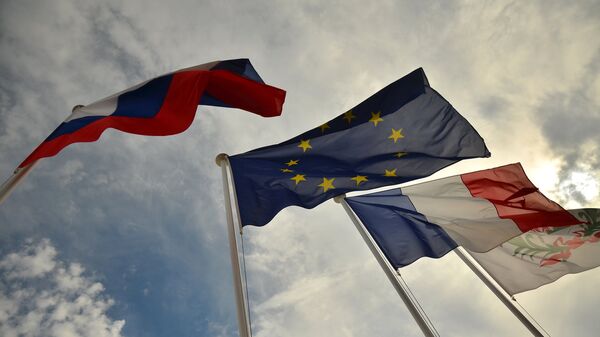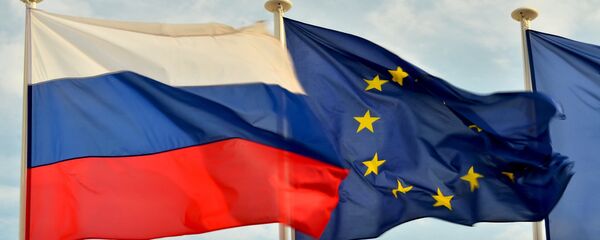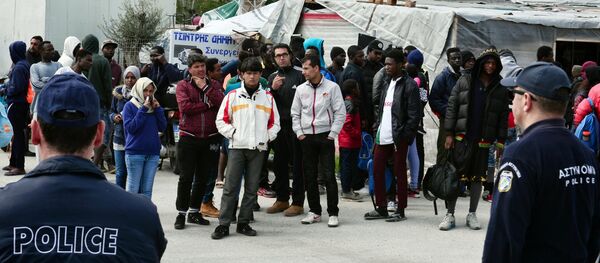Earlier in the day, Russian President Vladimir Putin said during his annual "Direct Line" Q&A session that Russia would remove restrictive measures if its Western partners lift their anti-Russia sanction, adding that the sanctions turned out to be a "double-edged weapon" than harms everyone.
"We do indeed believe that negotiating a solution with Russia is an urgent necessity. Instead of driving up tensions, sanctions, military presences — we should look for a way to solve the crisis and re-establish peace in the region," Claes said.
The EU economic sanctions targeting specific sectors of the Russian economy over alleged involvement in Ukraine crisis expire on July 31. On Thursday, the EU sources said that the European Union is likely to extend its sanctions against Russia though the final decision has not been taken, a day after the US Senate approved by an overwhelming majority a package of new sanctions in response to the Syrian conflict and the Kremlin's alleged meddling in the 2016 US presidential election.
"The United States might consider Russia a rival, [while] for us, as Europeans, Russia is an important neighbor and we should strive toward positive relations with them as with all of our neighbors. More importantly, with a constructive attitude toward Russia, civil war in the Ukraine might have been avoided in the first place," Claes added.
Earlier on Thursday, German Foreign Minister Sigmar Gabriel and Austrian Chancellor Christian Kern, criticized the new US bill saying that the use of political sanctions should not be linked to economy.
The European Union and the Unites States imposed sanctions against Russia in 2014 over its alleged involvement in the Ukrainian conflict and several times extended them. In turn, Russia has introduced a food embargo on meat products, dairy products, fish, fruits and vegetables from countries that sanctioned Moscow and has it in in force until December 31, 2017.




